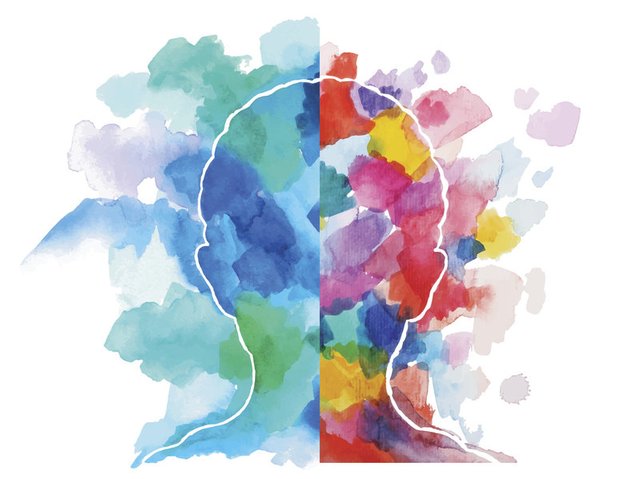W7 |06-04-2020| Culture and Psychology

The reach of culture is vast in the lives of the people who grow under it. It determines beliefs, manners, conceptions, values, traditions, expectations, and more. This influence applies to psychology as well. Culture can affect things in us such as self-esteem, particular role standards, self-conceptions, cultural expectations, among other elements. Some of these culturally-created and psychological phenomena are beyond reason and have led societies to live under patterns that bring a heavy load on people's minds.
One interest concept is the culturally-created ought self versus the real self. The culture of a certain society has set standards that are to be reached by its individuals, so they can feel valuable among their peers. If they don't meet those standards, they might feel less valuable and receive less recognition in their communities. For example, a man in many parts of Latin America is expected to be some kind of "Handy-man" and to know how to repair things (electricity, plumbing, cars). This knowledge is usually learned from their fathers. A man under that conception might feel less valuable if he has not learned how to repair the sink.
Some of those culturally-created demands can surpass reason as we have seen in history with cases of witchcraft, men being werewolves, and people taken constantly by spirits. Fear to the unknown can plant a seed of erroneous beliefs that lead even to death. In certain African tribes, if a child from a single mother would get their incisor teeth erupted on the lower jaw first, it was considered a curse or a sign of bad luck and the child was killed. Now dentistry tells us those teeth are usually erupted first.
Consequently, culture can lead people to have mind sets prepared to accept and embrace ways of thinking, beliefs and practices that condition how they live their lives. It can be so different as opposite conceptions from people with different cultures. This is what arrives to a Teacher's multicultural classroom. It is really important the teaching of a second language is accompanied by culture because it provides a space for reflection on each student's culture and how rational those cultural paradigms are for them. If by sharing culture in the classroom some paradigms are changed for the better, then the noble teacher's duty will be fulfilled tremendously.
@gaeljosser
TESOL 103 Class Assignment - BYUI